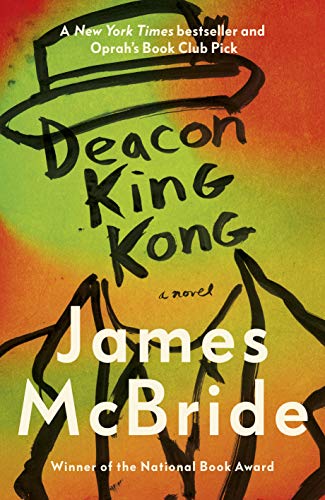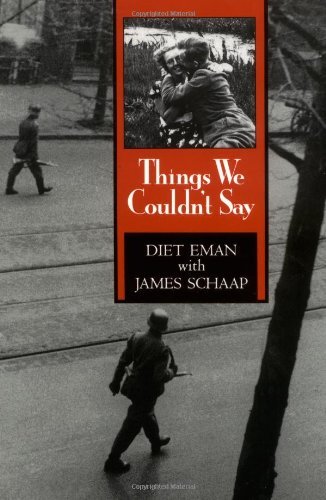On thinking that God only has one begotten son – the rest of us are children by adoption – and that Jesus is not ashamed to call us brothers…This is pretty long, and it’s worth the read.
Our church is doing "Adoption month." Yes, an entire month on the topic of adoption - and I had the following story a few months ago...it's great.
“PROOF” by Daniel Montgomery and Timothy Paul Jones - is a reworking of TULIP - I like the book.
“Because I’m Yours”
I never dreamed that taking a child to Disney World could be so difficult – or that such a trip could teach me so much about God’s outrageous grace.
Our middle daughter had been previously adopted by another family. I [Timothy] am sure this couple had the best of intentions, but they never quite integrated the adopted child into their family of biological children. After a couple of rough years, they dissolved the adoption and we ended up welcoming an eight-year-old daughter into our home.
For one reason or another, whenever our daughter’s previous family vacationed at Disney World, they took their biological children with them, but they left their adopted daughter behind with a family friend. Usually – at least in the child’s mind, this happened because she did something wrong that precluded her presence on the trip.
And so, by the time we adopted our daughter, she had seen many pictures of Disney World and she had heard about the rides and the characters and the parades. But when it came to passing through the gates of the Magic Kingdom, she had always been the one left on the outside. Once I found out about this history, I made plans to take her to Disney World the next time a speaking engagement took our family to the south-eastern United States.
I thought I had mastered the Disney World drill. I knew from previous experiences that the prospect of seeing cast members in freakishly oversized mouse and duck costumes somehow turns children into squirming bundles of emotional insecurity. What I didn’t expect was that the prospect of visiting this dreamworld would produce a stream of downright devilish behavior in our newest daughter. In the month leading up to our trip to the Magic Kingdom, she stole food when a simple request would have gained her a snack. She lied when it would have been easier to tell the truth. She whispered insults that were carefully crafted to hurt her older sister as deeply as possible — and as the days on the calendar moved closer to the trip, her mutinies multiplied.
A couple of days before our family headed to Florida, I pulled our daughter into my lap to talk about her latest escapade. :I know what you’re going to do," she stated flatly. “You’re not going to take me to Disney World, are you?” The thought actually hadn’t crossed my mind, but her downward spiral suddenly started to make some sense. She knew she couldn’t earn her way into the Magic Kingdom — she had tried and failed that test several times before — so she was living in a way that placed her as far as possible from the most magical place on earth.
In retrospect, I’m embarrassed to admit that, in that moment, I was tempted to turn her fear to my own advantage. The easiest response would have been “If you don’t start behaving better, you’re right, we won’t take you” But by God’s grace, I didn’t. Instead I asked her, “Is this trip something we’re doing as a family?”
She nodded, brown eyes wide and tear-rimmed.
“Are you part of this family?”
She nodded again.
“Then you’re going with us. Sure, there may be some consequences to help you remember what’s right and what’s wrong — but you’re part of our family and we’re not leaving you behind.
I’d like to say that her behaviors grew better after that moment. They didn’t. Her choices pretty much spiraled out of control at every hotel and every rest stop all the way to Lake Buena Vista. Still, we headed to Disney World on the day we promised, and it was a typical Disney day. Overpriced tickets, overpriced meals, and lots of lines, mingled with just enough manufactured magic to consider maybe going again someday.
In our hotel room that evening, a very different child emerged. She was exhausted, pensive, and a little weepy at times, but her month-long facade of rebellion had faded. When bedtime rolled around, I prayed with her, held her, and asked, “So, how was your first day at Disney World?”
She closed her eyes and snuggled down into her stuffed unicorn. After a few moments, she opened her eyes every so slightly. “Daddy,” she said, “I finally got to go to Disney World. But it wasn’t because I was good. It’s because I’m yours.”
It wasn’t because I was good…it’s because I’m yours.
That’s the message of outrageous grace.
Outrageous grace isn’t a favor your can achieve by being good; it’s the gift your receive by being God’s.




